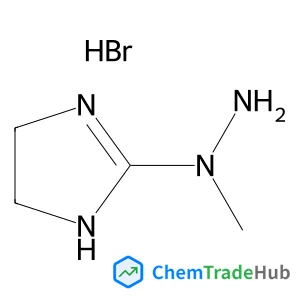Redox-triggered dearomative [5 + 1] annulation of indoles with O-alkyl ortho-oxybenzaldehydes for the synthesis of spirochromanes
文献情報
Hongmei Sun, Xiaomei Zhang
The dearomative [5 + 1] annulation of 2-methylindoles with new five-membered synthons O-alkyl ortho-oxybenzaldehydes was developed unprecedentedly through cascade [1,5]-hydride transfer/dearomative cyclization in HFIP for the synthesis of spirochromanes bearing the 2-methylindolenine skeleton. In addition, the dual alkylation of the methyl group of 2-methylindolenines was achieved by sequential operation through the redox neutral [5 + 1] annulation with the second five-membered synthon N-alkyl ortho-aminobenzaldehyde, providing the chromane and tetrahydroquinoline fused spiroindolenines in good yields. Furthermore, the auxiliary group that facilitates the hydride transfer process could be simply removed.
関連文献
IF 6.367
Contents listIF 6.222
Water-soluble pH-switchable cobalt complexes for aqueous symmetric redox flow batteriesIF 6.222
Catalogue of self-targeting nano-medical inventions to accelerate clinical trialsIF 6.843
Back coverIF 6.222
Permselective ion electrosorption of subnanometer pores at high molar strength enables capacitive deionization of saline waterIF 6.367
Metal–organic frameworks: preparation and applications in highly efficient heterogeneous photocatalysisIF 6.367
Boronic acid liposomes for cellular delivery and content release driven by carbohydrate binding‡IF 6.222
Co-production of pure hydrogen, carbon dioxide and nitrogen in a 10 kW fixed-bed chemical looping systemIF 6.367
Building microsphere–nanosheet structures in N-doped carbon to improve its performance in the oxygen reduction reaction and vanadium redox flow batteriesIF 6.367
掲載誌
Organic Chemistry Frontiers
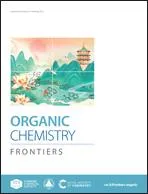
Organic Chemistry Frontiers publishes high-quality research from across organic chemistry. Emphases are placed on studies that make significant contributions to the field of organic chemistry by reporting either new or significantly improved protocols or methodologies. Topics include, but are not limited to the following: Organic synthesis Development of synthetic methodologies Catalysis Natural products Functional organic materials Supramolecular and macromolecular chemistry Physical and computational organic chemistry
おすすめサプライヤー
 Aylward Europe, GmbH
Aylward Europe, GmbH 河北景县鑫源橡膠化工有限公司
河北景县鑫源橡膠化工有限公司 QUANCOM Informationssysteme GmbH
QUANCOM Informationssysteme GmbH 揚州市天泰化工有限公司
揚州市天泰化工有限公司 Vitaris AG
Vitaris AG フェスト
フェスト F.I.R.S.T. Gesellschaft für technisch-wissenschaftliche Softwareanwendungen mbH
F.I.R.S.T. Gesellschaft für technisch-wissenschaftliche Softwareanwendungen mbH HSTマシンバウ GmbH
HSTマシンバウ GmbH 宁波市震雷化学有限公司
宁波市震雷化学有限公司 武汉弘徳悦欣薬科技有限公司
武汉弘徳悦欣薬科技有限公司










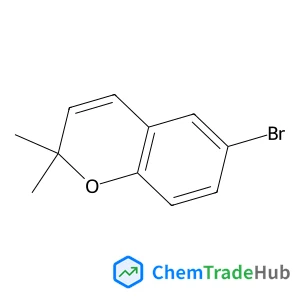
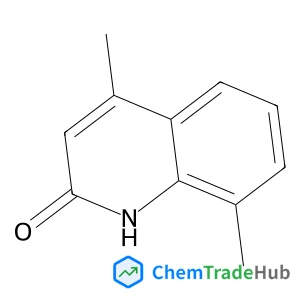
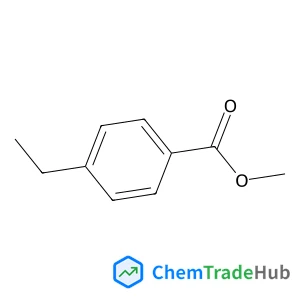
![315234-49-2 - 1-[(Tert-butoxy)carbonyl]-2-(prop-2-en-1-yl)pyrrolidine-2-carboxylic acid 315234-49-2 - 1-[(Tert-butoxy)carbonyl]-2-(prop-2-en-1-yl)pyrrolidine-2-carboxylic acid](/structs/315/315234-49-2-fe31.webp)
